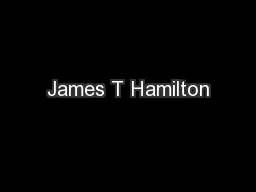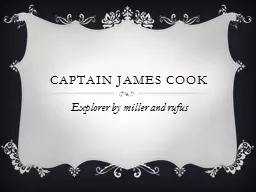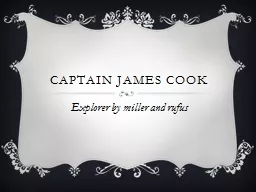PDF-James Hagen
Author : obrien | Published Date : 2021-06-14
May 27 2020 Inspector General National Credit Union Administration 1775 Duke Street Alexandria VA 22314 Re Agency C ompliance with APA R equirements of N otice and C omment
Presentation Embed Code
Download Presentation
Download Presentation The PPT/PDF document "James Hagen" is the property of its rightful owner. Permission is granted to download and print the materials on this website for personal, non-commercial use only, and to display it on your personal computer provided you do not modify the materials and that you retain all copyright notices contained in the materials. By downloading content from our website, you accept the terms of this agreement.
James Hagen: Transcript
Download Rules Of Document
"James Hagen"The content belongs to its owner. You may download and print it for personal use, without modification, and keep all copyright notices. By downloading, you agree to these terms.
Related Documents














